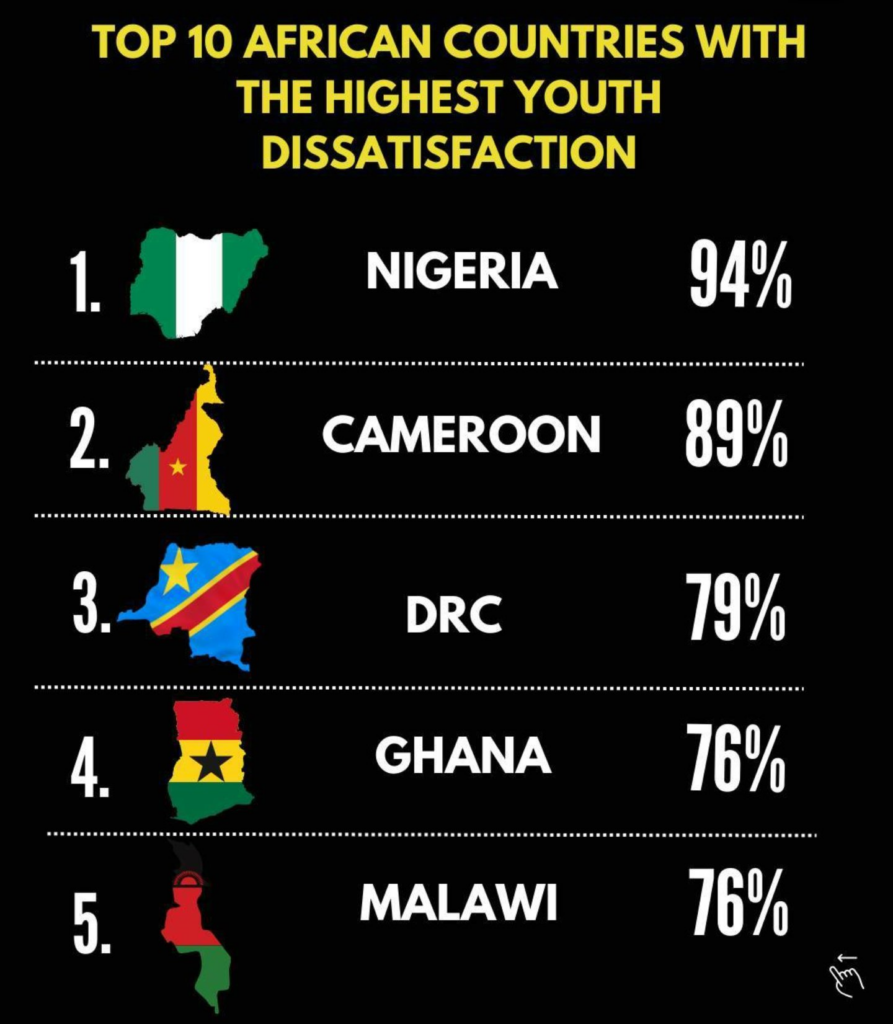Last year, Ghanaian youths, influencers, and celebrities took to the streets to participate in an international protest against Nana Akufo-Addo, titled “Occupy Julorbi House.” “Julorbi House” is a play on words referring to Ghana’s presidential residence, the Jubilee House. In contrast, “Julorbi” is a local term, with “Julor” meaning “thief” and “bi” meaning “son,” implying accusations against Nana Akufo-Addo and his family, particularly his father.
Call to ReoccupyJulorbi https://t.co/VzFYsgYnoJ
— Osagyefo Oliver Barker-Vormawor (@barkervogues) September 17, 2024
The youth of Ghana are now preparing for a follow-up protest, this time with the goal of ensuring their voices are truly heard. Earlier this year, in July, Kenyans delivered a significant blow to their president, William Ruto, when they protested against the finance bill. The week-long protests forced the president to backtrack on the proposal, leading him to reject it and dissolve his cabinet.
Though William Ruto has returned to his controversial tactics, the people of Kenya have realized their power. There are now more discussions to organize further protests under the hashtag ‘Ruto Must Go,’ with the aim of removing him from office entirely.
Nigeria followed suit with the “End Bad Governance” protests, widely known by the hashtags #EndBadGovernance and #EndBadGovernanceInNigeria. These decentralized mass protests, which took place from August 1 to August 10, 2024, were triggered by the rising cost of living. The protests highlighted Nigerians’ desire for a better country rather than continuing to export labor, talent, and intellect to foreign nations.
Ghana is now set to host its own “Reoccupy Julorbi” protest. In a downward turn of events, corruption in the country has been further exposed. According to the social media page Afripreneurial, Ghana ranks 4th among African countries with the highest youth dissatisfaction, following Congo in 3rd place, Cameroon in 2nd, and Nigeria in 1st.

Although the timing of the protest is questionable, with elections just two months away, the dissatisfaction among Ghanaians is at an all-time high. Reports of government embezzlement, pollution of rivers due to illegal mining involving government complicity, and blatant bribery have left Ghanaians fed up with the two-party system that continues to make campaign promises centered around opportunities to work for European interests.











